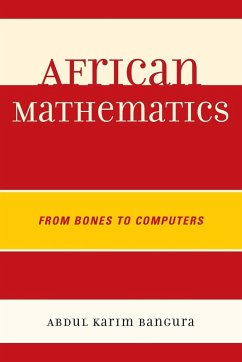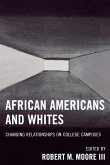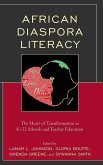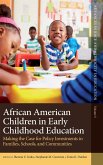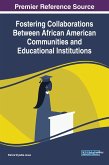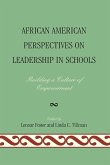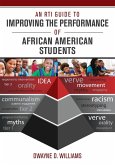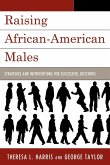This is the first comprehensive text on African Mathematics that can be used to address some of the problematic issues in this area. These issues include attitudes, curriculum development, educational change, academic achievement, standardized and other tests, performance factors, student characteristics, cross-cultural differences and studies, literacy, native speakers, social class and differences, equal education, teaching methods, knowledge level, educational guidelines and policies, transitional schools, comparative education, other subjects such as physics and social studies, surveys, talent, educational research, teacher education and qualifications, academic standards, teacher effectiveness, lesson plans and modules, teacher characteristics, instructional materials, program effectiveness, program evaluation, African culture, African history, Black studies, class activities, educational games, number systems, cognitive ability, foreign influence, and fundamental concepts. What unifies the chapters in this book can appear rather banal, but many mathematical insights are so obvious and so fundamental that they are difficult to absorb, appreciate, and express with fresh clarity. Some of the more basic insights are isolated by accounts of investigators who have earned their contemporaries' respect. Winner of the 2012 Cecil B. Currey Book Award.
Hinweis: Dieser Artikel kann nur an eine deutsche Lieferadresse ausgeliefert werden.
Hinweis: Dieser Artikel kann nur an eine deutsche Lieferadresse ausgeliefert werden.

